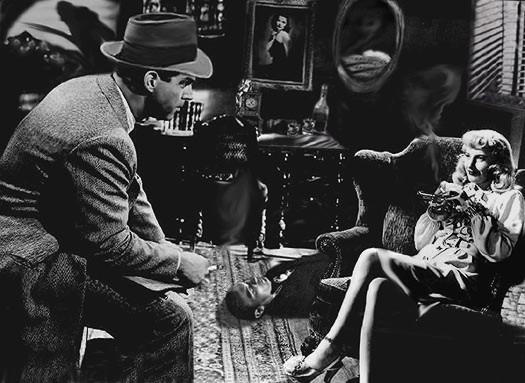The first film I've seen at the London Film Festival to get a solid round of applause when the credits rolled. Now what does that say exactly? That Nick Hornby has the golden touch (this is surely more his film than the director's), that he knows deep in his gut what it means to entertain, that his script is solid and sharp, that his ambition is no greater than his talent, and though that may sound like a slur, I see it as a great gift. The story is a good one (true, but that matters I think only in terms of helping to publicize the film), linear and uncomplicated. I was always engaged, never irritated (which means a lot for me), and I laughed out loud at many lines, especially "it's better to know a famous author than to be one." I didn't think Peter Sarsgaard was at the top of his game. I understand the hype about Carey Mulligan but I think it's cruel that the press is comparing her to Audrey Hepburn. Rosamund Pike did very well with the one-dimensional character she had to work with. And the same was true for Alfred Molina. Both actors had perfect timing and wrung all the laughs and then some from the good material they were given. In terms of sheer cinematic presence and the ability to fully mine any character, Emma Thompson stole the show. Visually, the movie was fun to look at, the period detail convincing (incomparable to Bright Star but perhaps that's an unfair comparison since Campion's film was in many ways about period detail.) The opening credits were the most visually interesting part of the film, but that is often true of many a fine film. I'm all for the applause. Needless to say, although I was most assuredly entertained, I didn't clap, but I'm filmfatale.

Dear filmfatale
ReplyDeleteThank you for not clapping. And Rosamund is to me as Romola is to you. I had fun watching the outfits and the cars, but I ended up grumpy. An Education didn't provoke me much with new takes on being a woman in the '60's, neither did it raise more than a little feeling. I did appreciate the snobby seduction of Molina by Sarsgaard, which could have made the story something deeper.